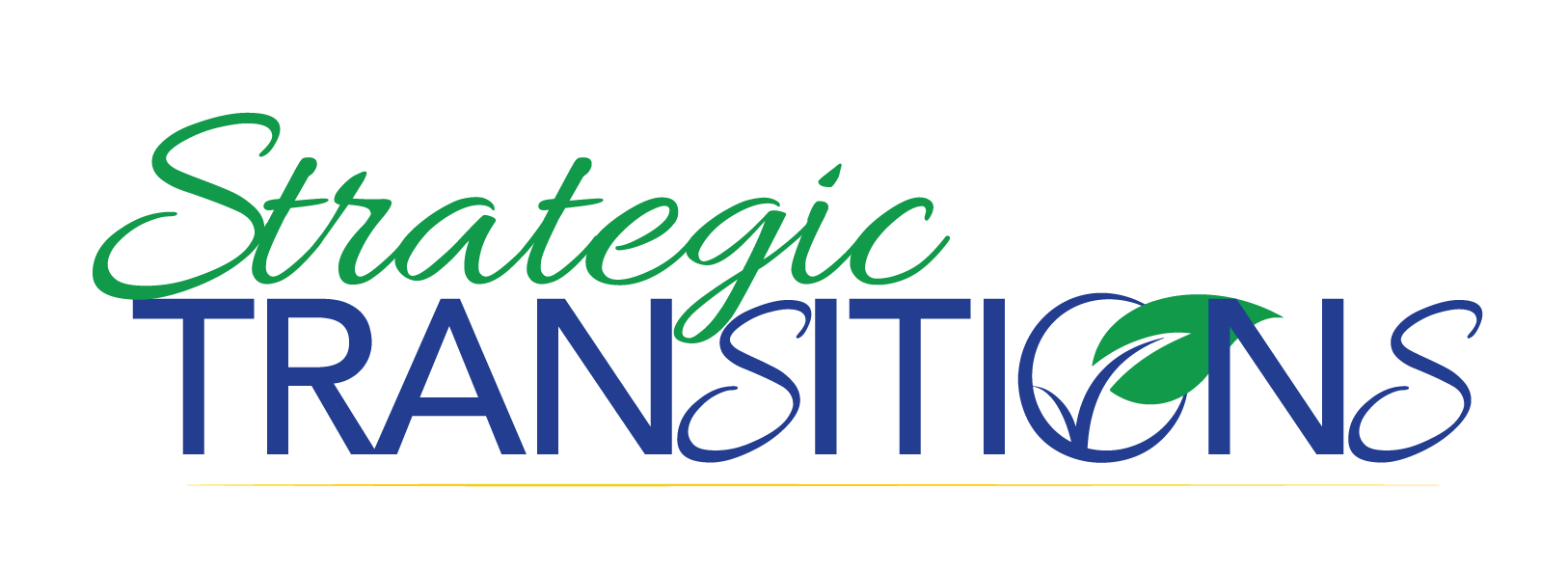
Forget about so-called work-life balance or work-life integration and instead shoot for work-life realism.
Although the pandemic triggered the Great Resignation’s timing, it’s fueled by longstanding vexation about work insidiously encroaching on just about everything else in people’s lives, and for some, there’s not much else good going on. With about 38 million Americans quitting their jobs last year, many due to burnout, it’s high time for a more sustainable way of doing business.
The problem with the concept of work-life balance is it gives us another job to do, namely a juggling act between two conflicting realities. Bosses, coworkers, friends and family can play a constant game of tug-of-war with one’s time, stimulating a feeling of being stretched as if on the edge of a black hole’s event horizon. Trying to “balance” the situation can feel like a losing proposition. On the other hand, work-life integration, in which we’re somehow magically able to plan work around our lives, is only possible for those with the privilege of enormously flexible work schedules or people who live in utopias. Additionally, it’s not a solution for those who use work to escape personal difficulties and struggle to keep unwanted integration at bay. Also relevant to mention is that for many, work-life integration was thrust upon them by remote work where the boundary between work and life is blurred, not usually for the better.
There aren’t any quick fixes to the predicament, but there may be a solution in work-life realism.
Some burnt-out souls may be able to relate to the phenomena of wanting to collapse into oblivion after a long day of working overtime only to come home to family chores and drama. They’re likely already endowed with the wisdom to know the difference between what they can change and what they can’t about their situation, and the result may be a negative number.
Yet, there’s always one thing that we have control over. Quoting Viktor Frankl, “the last of the human freedoms — to choose one’s attitude in any given set of circumstances, to choose one’s own way.” Our attitude to burnout will determine whether or not we rise from the ashes.
Drowning one’s stress in a pint of Ben & Jerry’s at 11 o’clock at night when all the work is finally done will undoubtedly make matters worse. Ditto for continuing to replay that stressful work meeting over in your mind, picking a fight with your spouse over something trivial to blow off steam or morphing into a Netflix zombie until you pass out.
Instead of adopting an attitude of apathy, vow to rise to the occasion of your life. Use the little spare time you may have to elevate your consciousness. Read a chapter of an inspiring book. Take a ten-minute walk. Do some spiritual reflection. Go outside and stargaze. Unplug — up your game.
What you’ll find is the newfound ability to be realistic about your work-life circumstances. Maybe part of the pressure you’ve been feeling at work isn’t so much what’s being asked of you but more the product of the self-requirement to people-please. As a result, you’re left exhausted while everyone else is, well, pleased. The change in attitude could also precipitate the realization that it’s time to quit the job now that you’ve connected to that inner reservoir of confidence that lets you know you’ll find a better one. Finally, taking the realistic approach may spur an inner reckoning that letting your health deteriorate with the excuse of busyness has left you even less able to cope with the demands and stress of your job and life. Whatever the reality check is for you, face it head-on and let the change start from within.
Connect with Yonette
My coaching & mentoring opportunities are tailored for you in your particular circumstance. After an initial discussion, together we decide and confirm which individualized opportunity suites you best.Did you know?
About 42 percent of Americans have had a “career lightbulb” during the pandemic, according to a OnePoll survey commissioned by the Universal Technical Institute. In addition, a special report from the McKinsey Global Institute forecasts that over 100 million people worldwide, or 1 in 16, will need a different occupation by 2030. This represents a 12 percent uptick from pre-pandemic estimates.
The Universal Technical Institute says that the threats resulting from the pandemic have “reinvigorated people toward pursuing a career that is more fulfilling than their current one.” This time of uncertainty is a time of opportunity for professionals at all stages of their careers who are open to fresh career and professional experiences. People are asking themselves fundamental questions about leveraging their current professional status into what gives them the deepest sense of fulfillment and alignment with their core values.

About the Author
Dr. Yonette Thomas is a thought leader, committed mentor, and amplifier of professional paths. She created Strategic Transitions to share her leadership and professional insights with early career, mid-career, and senior-career individuals needing a hand-up, a strategy conversation, or a path amplifier.
